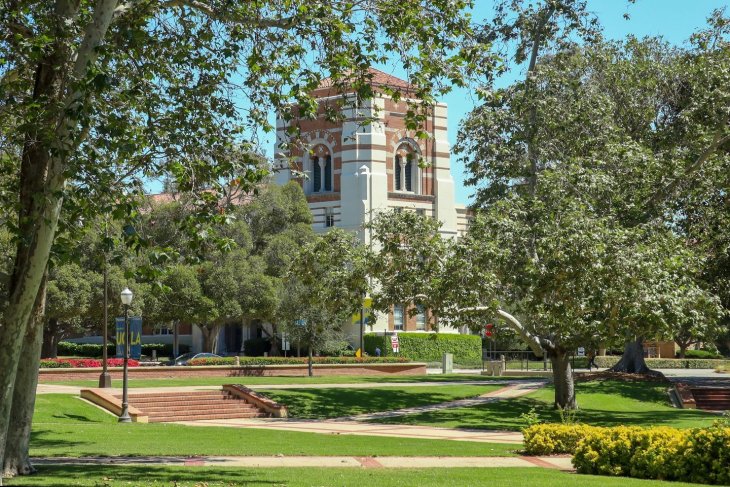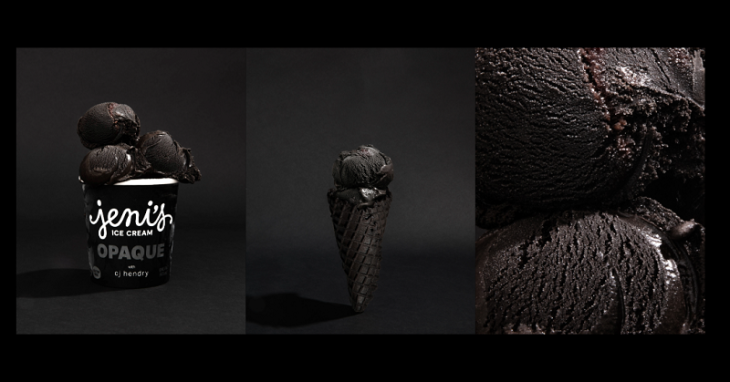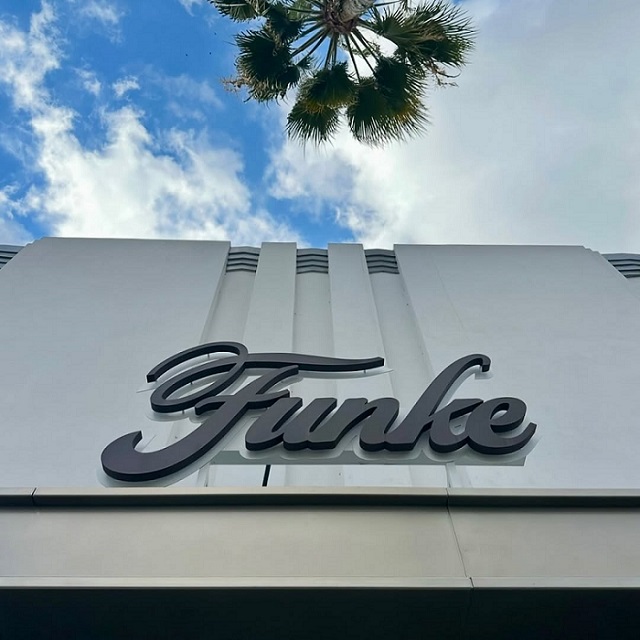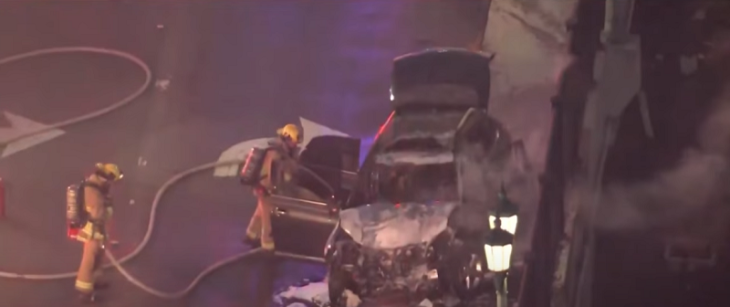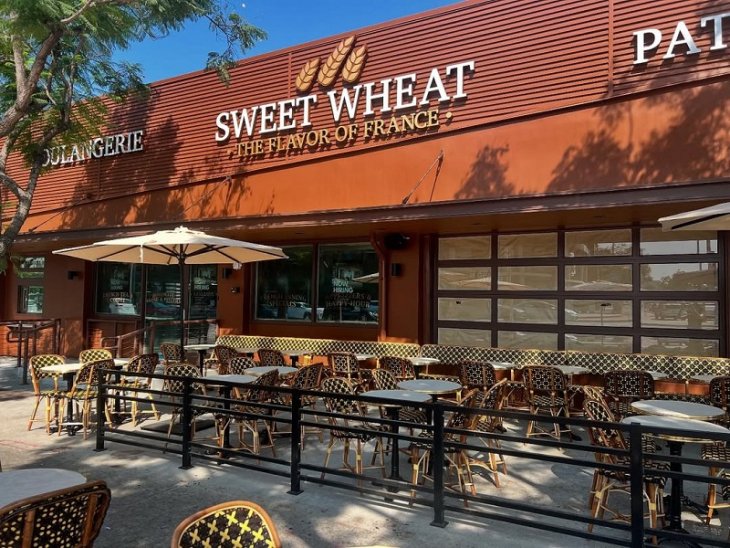By Teri Redman Kahn and Marylin Krell

A piece of Brentwood’s ecological history is in danger of deforestation. The “Gross Property,” a 2.7-acre parcel located north of Wilshire Boulevard and west of Wellesley Avenue, has been identified as having “high ecological value,” however over the past several years, the property has been neglected.
Due to a lack of watering and care, several trees have fallen (two fell onto a nearby residential property and several native trees have died.) Water-starved trees developed bark beetle, which could not only kill a tree but could also dangerously spread to nearby trees. Thousands of local butterflies have left the site, but only recently have they returned in small groups, which we hope is a harbinger of future residence on this site.
The rare and unique habitat was identified by the State Department of Fish and Wildlife as being incredibly important to our ecosystem, according to Environmental Scientist Brock Warmuth.
South Brentwood Homeowners Association (SBHA, now called South Brentwood Residents Association) was officially incorporated in the early 1970’s in response to plans to rezone and develop the creek and forested area.
A meeting took place circa 1973, in which developers were defeated in their attempt to rezone all of South Brentwood to R-3, which preserved South Brentwood’s single-family neighborhood and environment.
Many of the same residents who fought the original battle to prevent the rezoning of the property now find themselves fighting for the preservation of what remains of its original riparian woodland. These residents, who are ardent environmental enthusiasts, have been working with City officials to try to bring the Gross property into compliance to preserve what little natural habitat exists in South Brentwood.
We have questions: Who is responsible for protecting our natural environment? Can an owner be held responsible to keep trees healthy on undeveloped property? If there is a drought, can the owners be required to minimally water the trees? What if the property becomes a fire hazard? Is there any way to require or enforce proper watering or care?
Biologist E.O. Wilson once wrote an essay on the nature of man (“Is Humanity Suicidal?”). In it he says that we are a myopic species and that we respond only to what is in front of us. This quality has given us a competitive edge in the short run, but it could quite possibly be our demise. Habitat loss, climate change, and other ecological stressors are long-term problems whose impacts are not immediate. If the rare riparian woodland is diminished, it is just one more notch in the chain of destruction.
If the trees and shrubbery are removed, a myriad of species will have no home. We hope that what is left of the woods can be preserved.
Teri Redman Kahn is Environmental Representative for the Brentwood Community Council. Marylin Krell is President of the South Brentwood Residents Association.

